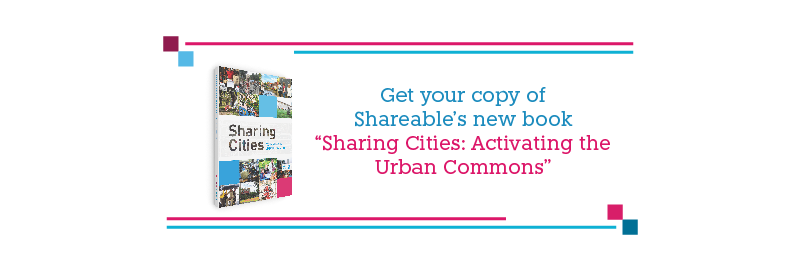This article was adapted from our latest book, "Sharing Cities: Activating the Urban Commons." Download your free pdf copy today.
Increased carpooling and use of public transit reduces the number of drivers on the road, alleviating congestion and cutting down on carbon emissions and smog. Still, many who are open to the idea of carpooling or using public transit prefer to rely on the flexibility of a private car, in the event they have an emergency or need to stay at work late, for example.
Officials in Minneapolis eliminated this concern to encourage alternatives to driving alone by instituting a Guaranteed Ride Home (GRH) program (also known as emergency ride home). Anyone who commutes to work or school at least three times a week by riding the train, bus, carpool/vanpool, bicycle, or walking is eligible to participate. This innovative city-sponsored commuter insurance covers the cost of a taxi, ride share, or rental car up to $100 a year (or four annual rides) in the event of an emergency or an overtime shift which makes it impossible to use normal transportation. This program carries extra significance for workers and students without driver’s licenses, the elderly, those who cannot afford a car, and those with disabilities that prevent them from driving.
Minneapolis is just one of many cities in the United States to implement this easily replicable policy.
View full policy here.
Learn more:
Header image by Daniel McCullough on Unsplash









